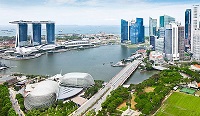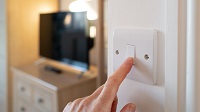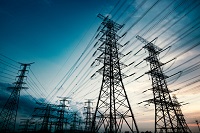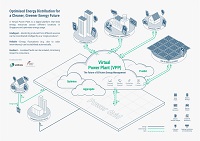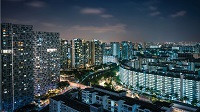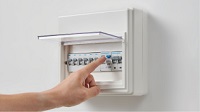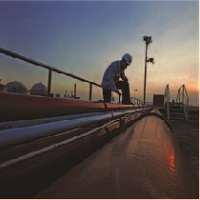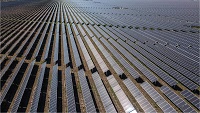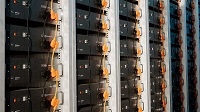We thank Forum writers Lim Jia Yi (Make solar panels a must for newly built or purchased landed property, Jan 7) and Gerard Tan Boon Heng (Encourage private properties to generate solar power, Jan 8) for their letters.
Solar power is currently the most viable form of renewable energy that can be deployed in Singapore. The Energy Market Authority is thus working with other government agencies to maximise solar power deployment including on rooftops, reservoirs and commercial buildings.
Singapore’s solar deployment has grown significantly, with installed capacity increasing by about 10 times in the last seven years. Homeowners who have installed solar panels enjoy cost savings by offsetting their electricity consumption and selling excess electricity generated to the grid.
As noted by Mr Tan, the rate households receive for electricity sold to the grid depends on who they choose to purchase electricity from.
Under the Simplified Credit Treatment Scheme, households which buy electricity from SP Group will be paid at the prevailing regulated tariff rate less the grid charge, which comprises electricity infrastructure maintenance and electricity transportation costs incurred by SP Group.
Under the Enhanced Central Intermediary Scheme, households which buy electricity from electricity retailers will be paid at the prevailing half-hourly wholesale electricity price, which does not include the grid charge.
Wholesale electricity prices vary depending on demand and supply conditions. In 2024, the average monthly Uniform Singapore Energy Price, which is a key component of wholesale electricity prices, ranged from a low of $105/MWh recorded in August, to a high of $288/MWh recorded in April.
Homeowners who have installed solar power will have to consider the characteristics of the two schemes, to decide which they prefer to be on.
We note Ms Lim’s suggestion to mandate the installation of solar panels for all private landed homes. However, we are mindful to respect the personal choice of homeowners, as well as to consider the suitability of different houses for solar installations.
Due to the decline in costs of solar panels, the payback period for a residential solar power system has improved to as short as five years. There are therefore sufficient economic incentives for homeowners to make their own decisions to install solar power.
We will continue to support solar adoption across all sectors in Singapore.
Toh Wee Khiang
Director, Hydrogen and Sustainable Energies Office
Energy Market Authority
Forum: Encourage private properties to generate solar power
By: Gerard Tan Boon Heng
I refer to the letter “Make solar panels a must for newly built or purchased landed property”, Jan 7.
I support the notion of using all possible avenues to pursue solar power as a viable alternative energy source in Singapore.
Certainly, privately owned properties can be encouraged to install solar power generation systems, provided regulatory policies and practices support them. In my personal experience, however, this is not the case.
After spending a considerable amount of money to install such a system in my home recently, I found that the kWh rating applied to excess electricity I sold to the grid was less than half of what I was paying to buy from the grid.
Another issue is that there is a different – and less favourable – treatment for sale of electricity to the grid if the household is a subscriber to an electricity retailer, as opposed to directly from SP, which is the party that gives the credit for electricity sold to the grid.
With Singapore’s plan to import solar power from other countries to achieve its sustainability goals, should it not also put in place supportive policies and practices to encourage more private installations of solar power generation systems in the country?
Environmental sustainability needs to be a whole-of-nation effort.
Forum: Make solar panels a must for newly built or purchased landed property
By: Lim Jia Yi
Solar is Singapore’s most promising source of renewable energy and, as a nation, we must maximise solar deployment to bolster our energy security. HDB has done a good job here; the vast majority of HDB blocks already have solar panels on their rooftops or are slated to have them installed by 2026.
The natural next step is to get the owners of private residential properties on board with solar. Landed properties, in particular, take up a disproportionate amount of space, and have the potential to make an outsized impact on Singapore’s solar capacity. Yet, although there are about 73,000 landed homes here, fewer than 4,000 such dwellings have had solar panels installed as at the second quarter of 2024.
Cities such as Tokyo have recently begun requiring solar panels to be installed on the roofs of new homes. Will Singapore follow suit and mandate the installation of solar panels on all newly built or purchased landed homes? After all, the cost is vanishingly small compared with the capital outlay needed to buy or build the property. Moreover, the owners will be able to recoup their investment in the panels, by selling the excess energy they generate back to the grid.
